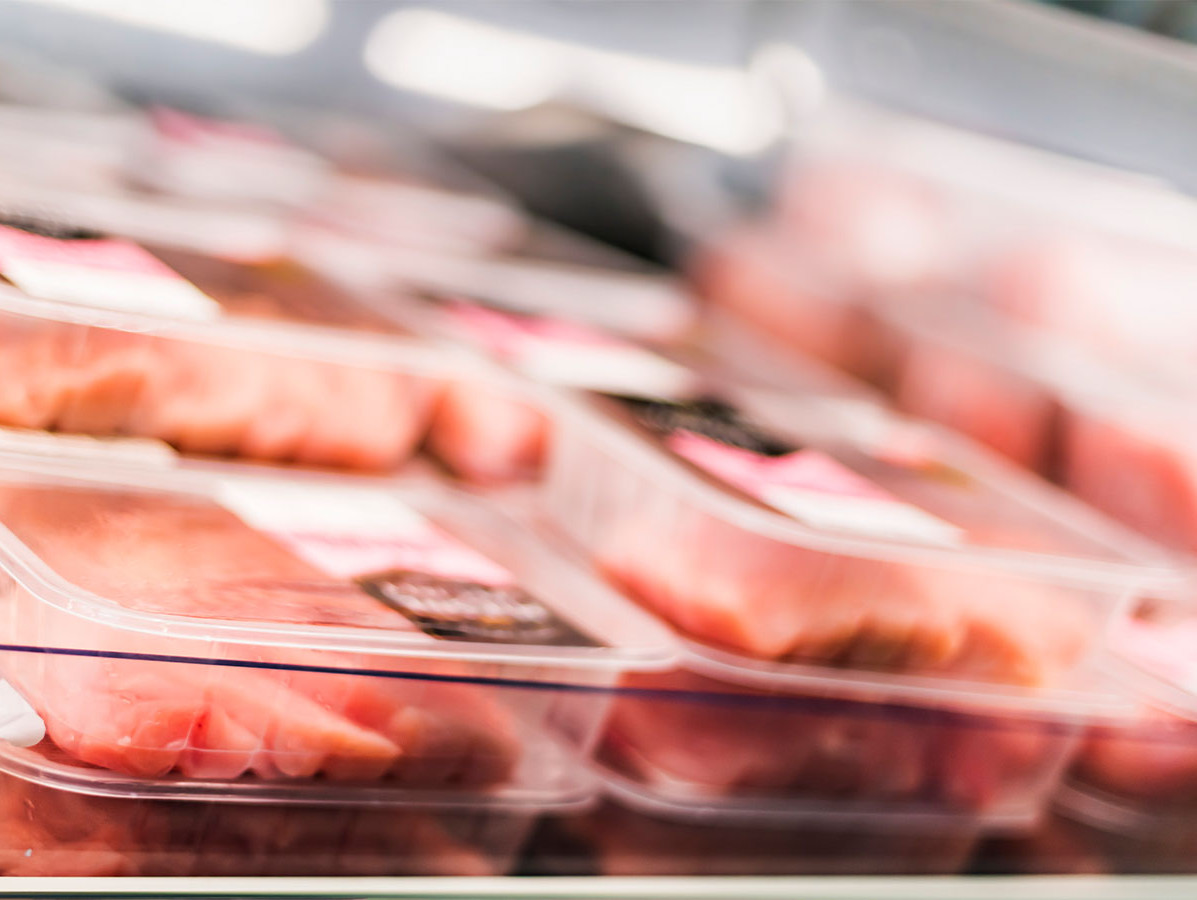
Recent research by Wageningen University (WUR) sheds light on public opinion regarding a potential meat tax in the Netherlands. The study, conducted among more than 1,200 Dutch citizens, focused on consumer preferences concerning a tax on meat. This research comes at a time when the debate over meat pricing in the Netherlands is gaining momentum, particularly in the context of climate change and sustainability goals.
The research indicates that Dutch consumers show a slight preference for a meat tax that exempts organic meat and poultry. Additionally, there is strong support for using the revenues from the meat tax to reduce VAT on fruits and vegetables. This measure could contribute to healthier eating habits and aligns with the broader societal discussion on the role of meat consumption in health and environmental impacts. The study also reveals that the Dutch public favors implementing such a tax in coordination with other EU countries, reflecting a preference for a coordinated European approach.
The findings of this study are largely in line with the proposals of the TAPP Coalition, an organization that has long advocated for taxing meat and making fruits and vegetables more affordable. However, there are some nuances. For example, the WUR study suggests that organic meat production emits more greenhouse gases per kilogram than conventional meat production, while previous research by CE Delft indicated the opposite for certain meat and dairy products. In September, the TAPP Coalition will discuss with its partner organizations whether the results of the WUR study warrant adjustments to their current proposals.
These new insights are expected to further fuel ongoing debates about the meat tax, particularly in relation to the climate goals the Netherlands aims to achieve in the coming years.
Source: TAPP Coalitie